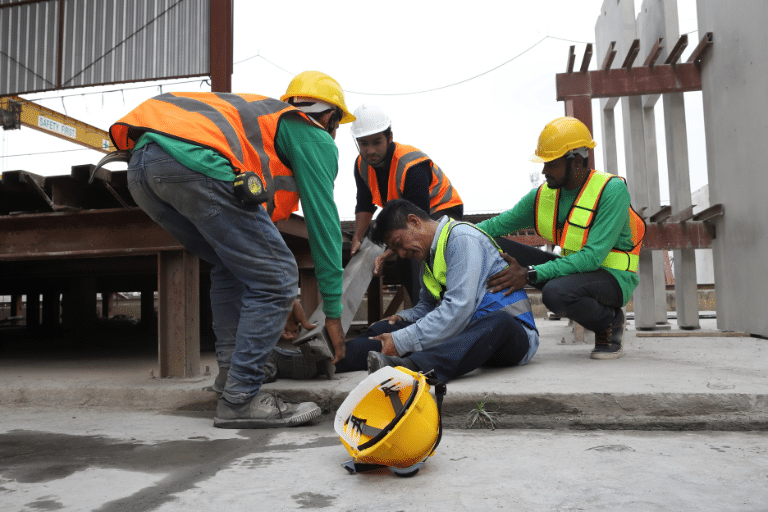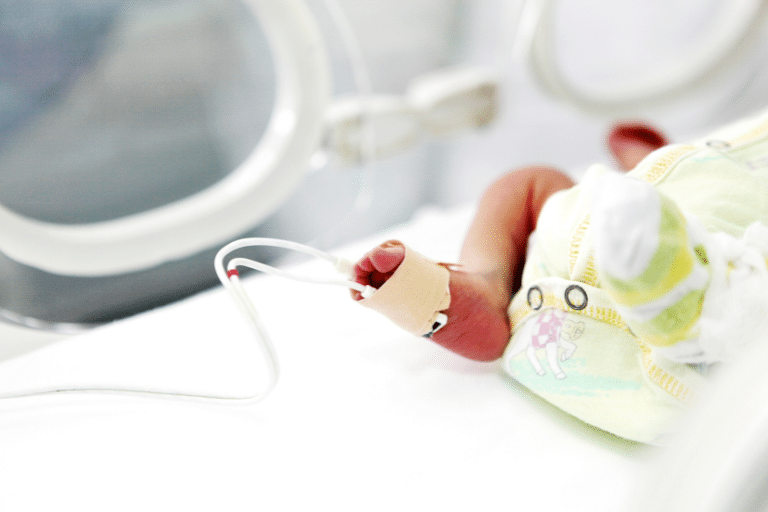Depending on the severity of your traumatic brain injury (TBI), your recovery prognosis may vary. Mild TBIs (concussions) usually take less than three months for recovery. In contrast, moderate and severe TBIs often require months of physical, occupational, and speech therapy, surgery, psychological services, and related care. The more severe the injury, the more likely that the patient will need long-term care for the rest of their lives. It’s even possible that they may never recover.
What is a TBI?
Traumatic brain injuries usually occur after a blow or jolt to the head. They can also be caused by invasive foreign objects, like shrapnel or bullets. Mild TBIs have temporary effects, such as headache, dizziness, speech problems, nausea and drowsiness. Moderate and severe TBIs can cause brain bruising, bleeding, and tears, which can result in long-term issues or death.
Factors in TBI Recovery
Although your medical provider will diagnose the specific injury and recovery outlook, TBI recovery generally depends on three main factors:
- TBIs usually affect children under two and adults over 60 most. The toddler’s early brain development can harm their ability to heal. Seniors have the lowest chance of making a significant recovery. If the patient is in the middle of this bell curve, their chances of recovery are much stronger.
- Memory loss. Memory loss can predict recovery—patients who experience brief amnesia or mild memory loss are more likely to make a better recovery than people who have suffered extended amnesia and extreme memory loss.
- Coma severity. If a patient has fallen into a coma longer than a few days, they’re less likely to recover fully. They will probably have severe damage and experience symptoms for the rest of their lives.
What Kind of Care Do Moderate and Severe TBIs Require?
Patients who have suffered moderate or severe TBIs may require emergency medical care or surgery to repair fractures, remove blood clots, relieve pressure, and stop brain bleeding. Further surgeries may be necessary after the immediate danger has passed. The patient may need medication like anti-seizure or coma-inducing drugs during recovery.
After the patient is awake and stabilized, they’ll likely need a number of rehabilitation services. Depending on the severity of the injury, they may need help relearning basic skills like walking and talking. Neuropsychologists help monitor brain function and emotional & psychological well-being. Other professionals, like social workers, occupational therapists and vocational counselors can help the patient regain the skills they need to reenter the workforce.
All this specialized care comes with a costly medical bill—and in some cases, the patient may never fully recover. A skilled personal injury attorney can help you recover compensation for your injuries.
Discuss Your Case with an Ohio Personal Injury Attorney
If your traumatic brain injury was the result of someone else’s actions, I’ll Make Them Pay!® Call my office at 877.944.4373 today to discuss your legal options. You may be entitled to compensation for your medical bills and more.







